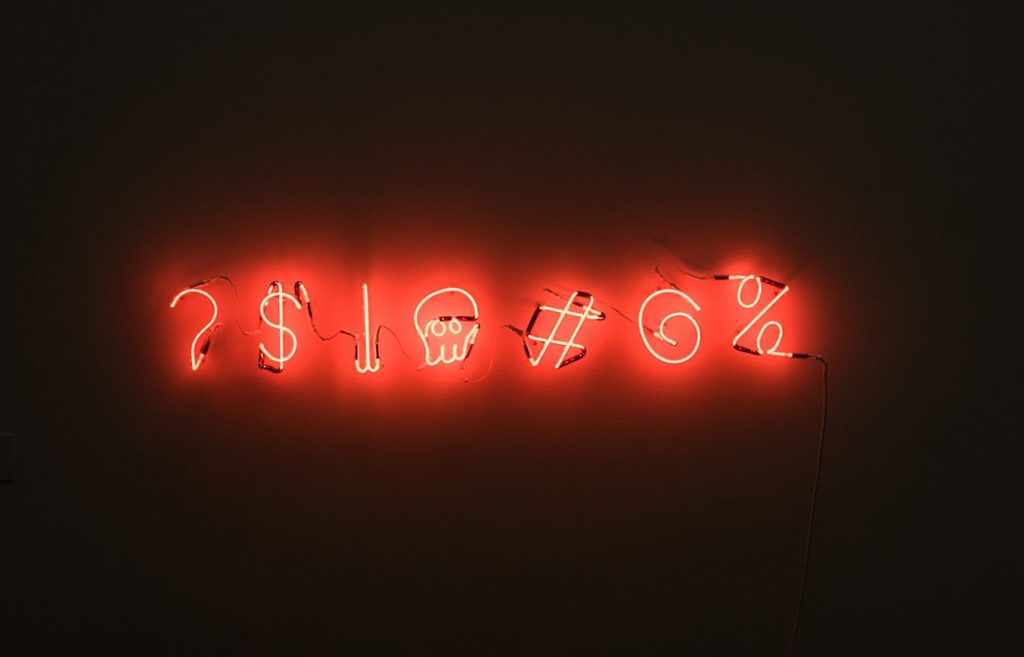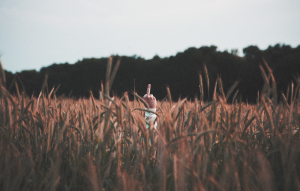Wounds That Time Won’t Heal
What is Child Trauma?
“Child trauma” refers to a scary, dangerous, violent, or life-threatening event that happens to a child (0-18 years of age). This type of event may also happen to someone a child knows and is impacted as a result of seeing or hearing about the other person being hurt or injured. When these types of experiences happen, a child may become very overwhelmed, upset, and/or feel helpless. These types of experiences can happen to anyone at any time and at any age; however, not all events have a traumatic impact.
Note: Not all overwhelming or life-threatening experiences are considered traumatic. Children interpret their unique experiences differently. A life experience that is traumatic for one child might not be traumatic for another.
Childhood trauma may contribute to many mental and emotional problems which do not arise until later on in life. In certain facets of their lives, adolescents who have had traumas since infancy will face difficulties. You do not know that these negative memories contribute to childhood trauma or perhaps the primary cause.
Although people often say things like, “She was so young when that happened; she won’t even remember it as an adult,” childhood trauma can have a lifelong effect. I can tell you that because I’ve always remembered, it was always there haunting my nightmares.
Perhaps you’ve heard the theory that people often cope with painful memories by forgetting the event. It’s called memory repression.
Sigmund Freud was the first to connect childhood trauma with memory loss, or repressed memories, to be precise.
Repressed memory theory
The idea of memory repression dates back to Sigmund Freud in the late 1800s. He began developing the theory after his teacher, Dr. Joseph Breuer, told him about a patient, Anna O.
She experienced many unexplained symptoms. During treatment for these symptoms, she started remembering upsetting events from the past she previously had no memory of. After regaining these memories and talking about them, her symptoms began to improve.
Freud believed that memory repression served as a defense mechanism against traumatic events. Symptoms that couldn’t be traced to a clear cause, he concluded, stemmed from repressed memories. You can’t remember what happened, but you feel it in your body, anyway.
Childhood Trauma: A little bit of my story
I didn’t want to share most of my life stories because I was ashamed. But I want to somehow help others that went through the same or to help prevent it.
I was about 3 years old when it happened. My mother was expecting my brother, she wasn’t far in her pregnancy. I remember that we had her youngest brother visiting us on this day. She asked him to look after me while she went outside to do the laundry, my father wasn’t home, he was working.
While she was out in the backyard, my uncle had his vile hands in my private parts. He did not penetrate me but he did something else I don’t want to mention here. It was just, disgusting. I remember the color of the shorts he was wearing that day, red with white stripes on the side.
I recall him saying to me – as he touched me: “If you tell anyone, you will be in trouble”.
I don’t remember how long my mother spent outside but when she walked back into the living room she dropped the clothes on the floor, after that, I don’t remember anything else.
As I grew older, my brain suppressed my memories and I couldn’t remember his face but only what happened on that day. I had nightmares constantly, I went to therapy often to talk about my childhood traumas and I was told by my therapist to talk to my mother about it. But here is the thing, my mother and I never had a best friend relation and it was hard to talk to her about anything without hearing unnecessary accusations back. Also, she was part of the physical and mental abuse I suffered, I will tell this later in this post.
In 2016 I went to my home country to visit my family. On the last day before I traveled back home, I told her about the nightmares I was having and the discomfort of the situation. She was shocked, “I thought you were too young to remember”- she said.
“Did it really happen?” – I asked my mother. She told me that she didn’t know all the details because from what she can recall, all she saw was him putting his hands off me. I confronted her, asking why she didn’t take any action, why she didn’t tell my father -which died in 2004 without knowing this event-, why she didn’t protect me? She was supposed to protect me! All I heard was excuses that he was young too -I think he was around 15 years old- but that doesn’t matter, at that age you know what is wrong and right! She said that it was a long time ago and I should just forget about it because it happened to her too and it was way worse.
I explained that it wasn’t a competition to see who had worse. We all go through something that shouldn’t even happen! But we are in this together and we should be there for each other.
I heard so many excuses. I got married too young… I didn’t know what to do… He is my brother… He probably doesn’t even remember.
When I found out who it was, my memories got cleared and it was playing like a movie in my head. I cried so much. He was in our home so many times, his life is a mess nowadays. He was in jail not long ago for drugs possession and other crimes. I don’t want to mention much about him here. I hate him.
After this event, she still blames me for telling the story in front of my brother and other people.
My mother was young when she got married, she had me when she was 21 years old. My birth wasn’t easy, the doctors had few minutes to take me out because I was dying, the umbilical cord was around my neck when they took me out they had to resuscitate me. My father was overwhelmed with happiness, he always said that he was proud to be my dad.
I guess my mother had postpartum depression, I don’t want to mention here exactly what happened but that almost got me killed. During my entire childhood, I never got a hug from her, she never kissed me goodnight. She never told me she loved me, on the contrary, she said she wished I was dead.
She used to tie me up to a heavy marble table we had in our living room and leave me there with raw rice and beans to separate, when I was done she would mess them up so I had to do it all over again. She would untie me when my father was close to getting back home from work.
She would beat me up for no reason, humiliate me in front of others, she would then say that If I told my father I would suffer the consequences the next day. So I kept it for myself.
I had trouble making friends, I was often bullied at school, but I never accepted in silence, I was aggressive towards the bully. Few times my father was called to school because I was in trouble. I’m ashamed of that, I should have handled the situation better.
Trauma in childhood has serious consequences for its victims and for society. Research has looked at childhood trauma as a risk factor for later physical and mental health problems in adulthood, but this is the first research to show that the long-term behavioral health harms of childhood adversity extend across generations from parent to child.
She apologized for all that years later when I was 19 years old. I finally had the courage to tell her that all that she had done to me hurt me so much and if I ever would become a mother I would never want to be like her. I have a kind heart, I always see reasons behind everything, I see the good in everyone. She is all I have and I chose to forgive her but I have a line that can never be crossed. When I notice that when I’m on phone with her and she starts with her old self I tell her that’s triggering things in me and hang up.
I battle PTSD, Bipolar Disorder, Fibromyalgia. When you’ve been traumatized as a child, it lives deep inside you. You could even say it settles in your bones.
Childhood trauma can sometimes leak into your adult life because, no matter how hard you’ve tried to go on, there is still a traumatized child living inside you.
If you haven’t had sufficient help, or the right kind of therapy, to work out your trauma, this child part of you still carries your trauma and suffering.
Maybe you don’t always feel it or know it’s there, but symptoms of your childhood trauma spill out when you’re stressed. Or when something in your life serves as a subtle or not-so-subtle reminder of what happened to you as a child.
Your childhood trauma lives in your symptoms. Depression. Panic attacks. An eating disorder. Obsessional worries, catastrophic anxieties, and relationship fears.
You might have difficulties trusting, low self-esteem, fears of being judged, constant attempts to please, outbursts of frustration, or social anxiety symptoms that won’t let up.
The memories, even if pushed away and not conscious, are etched into your symptoms, your relationship struggles, and your not-good self-esteem.
I have always been on my own, holding onto feelings and not sharing with anyone but now with this blog, I hope I can help others that fight the same or similar battles as me. You are not alone! Don’t you ever give up on life because of anything, you are worth it! <3
It’s so easy for people to tell “Get over it” and ” Others have worse”. We are all fighting something, we are warriors. My battle shouldn’t be compared to yours or to anyone.
Parents, please… Keep an eye on your child, protect them, love them. If you notice any different behavior in your kid, find out what it is, talk to your child. It’s your job to protect them.





